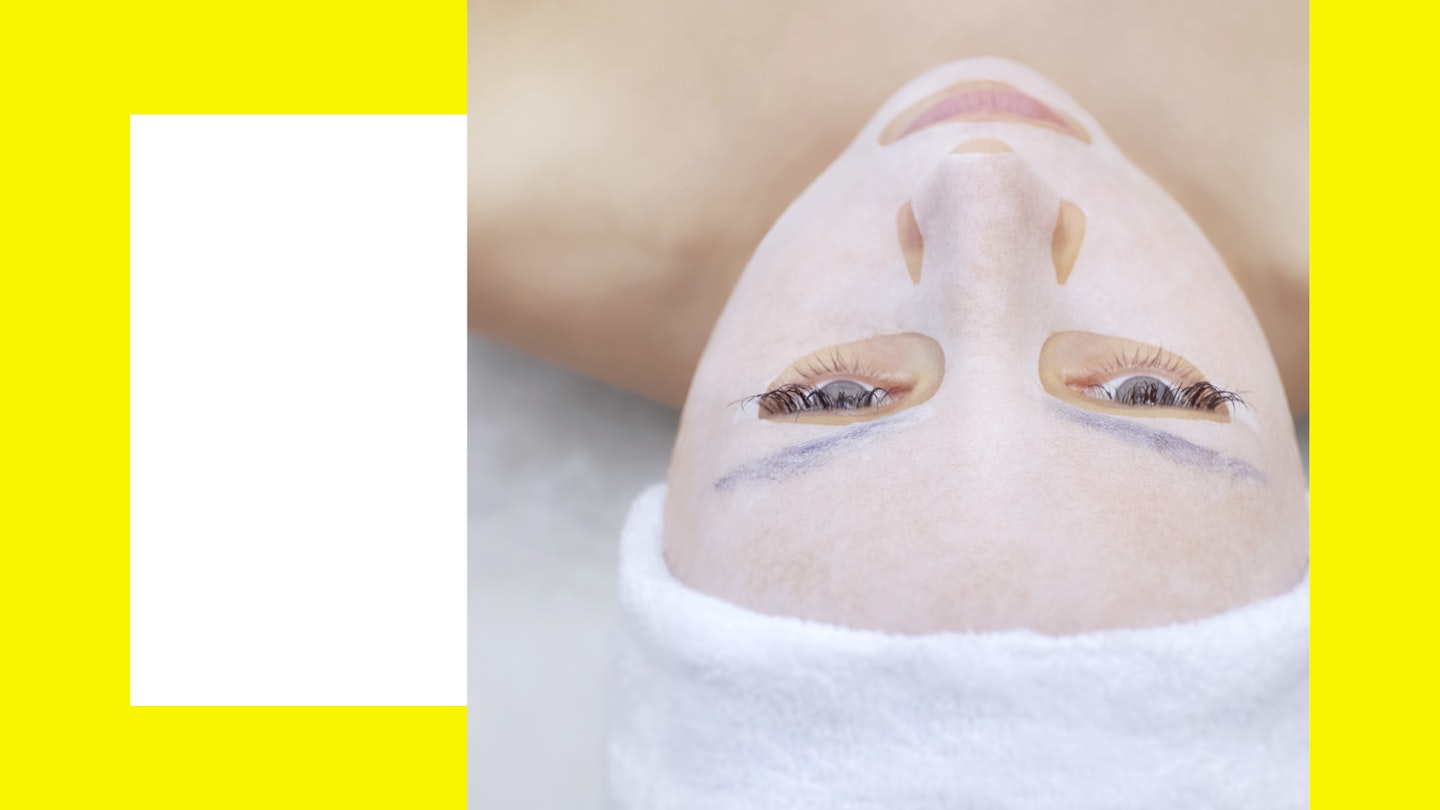Face masks are such a big part of a solo night in that you can barely scroll through your Instagram feed without seeing a new one on trial. But while they are an easy and affordable route to self care, like wet wipes, microbeads and plastic straws, sheet masks aren’t as easily disposable as you think – and their effect on the environment is coming under new scrutiny.
Last week, Susan Stevens, founder and CEO of Made With Respect, a global platform that promotes sustainable brands, spoke out about the threat they pose. Speaking to Grazia, she explains: ‘they are made to use once and throw out, creating a lot of unnecessary waste; there’s a pouch, the mask and in some cases the mask is wrapped in a plastic sheet, too. Then there are the masks themselves. If a sheet mask is produced using a synthetic material like nylon, it cannot be composted.
The waste either ends up on landfill, where the toxic chemicals from it can leak into the soil and produce methane as they break down, contributing to global warming, or as Susan explains, ‘Small toxic pieces of microplastic nd their way into our food chain, the water we drink, the air we breathe.’
Yes, sadly for the beauty obsessives among us, ‘single-use plastic’ refers to more than just that extra layer of cellophane over our apples. Though we might sigh sadly each time we scrunch that film into the bin, and vow to swap supermarkets for our local greengrocer, ripping into a plastic wrapper and whacking on a full sheet of serum-laden nylon has so far remained a guilt-free event for many of us. In fact, the face mask market is expected to grow to over $50 billion by 2025, according to Susan, who says this is why she’s warning of the ‘considerable impact on the environment and the health of our planet’.
What is it then about sheet masks that has such a hold on us? Recent years have seen the likes of Victoria Beckham, Lady Gaga and Chrissy Teigen selfie the hell out of them via Instagram. But, while that Hannibal Lecter look never fails to entertain, there’s more substance behind the concept than their like-generating abilities.
These masks are normally comprised of a sheet soaked in a concentrated serum, aimed at hydrating and nourishing. The serum is made watery to allow it to penetrate into the deeper layers of skin, and the function of the sheet is to prevent the evaporation of ingredients before they have had time to work their magic. The results do generally out-perform those of an everyday serum or an old-school tub of face mask, when it comes to hydrating in a short amount of time, which explains a reluctance to do away with them altogether.
Fortunately, though, biodegradable alternatives do exist. So, if you’re looking to keep things sustainable, make the switch to these sin-free masks...
SIN-FREE SHEET MASKS
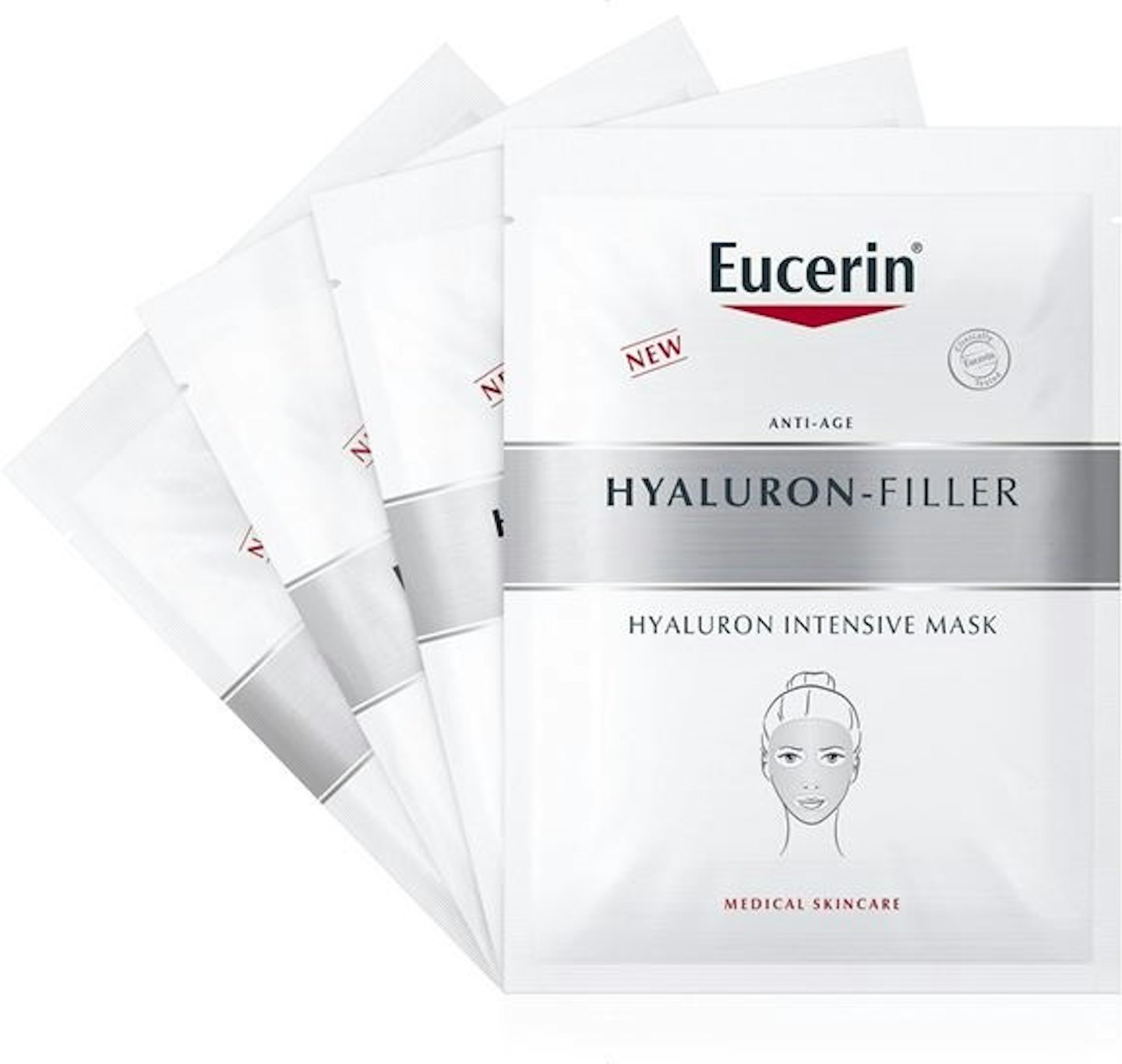 1 of 4
1 of 4Eucerin Hyaluron-Filler Intensive Mask, £6
A newbie to the beauty shelves made of naturally biodegradable biocellulose.
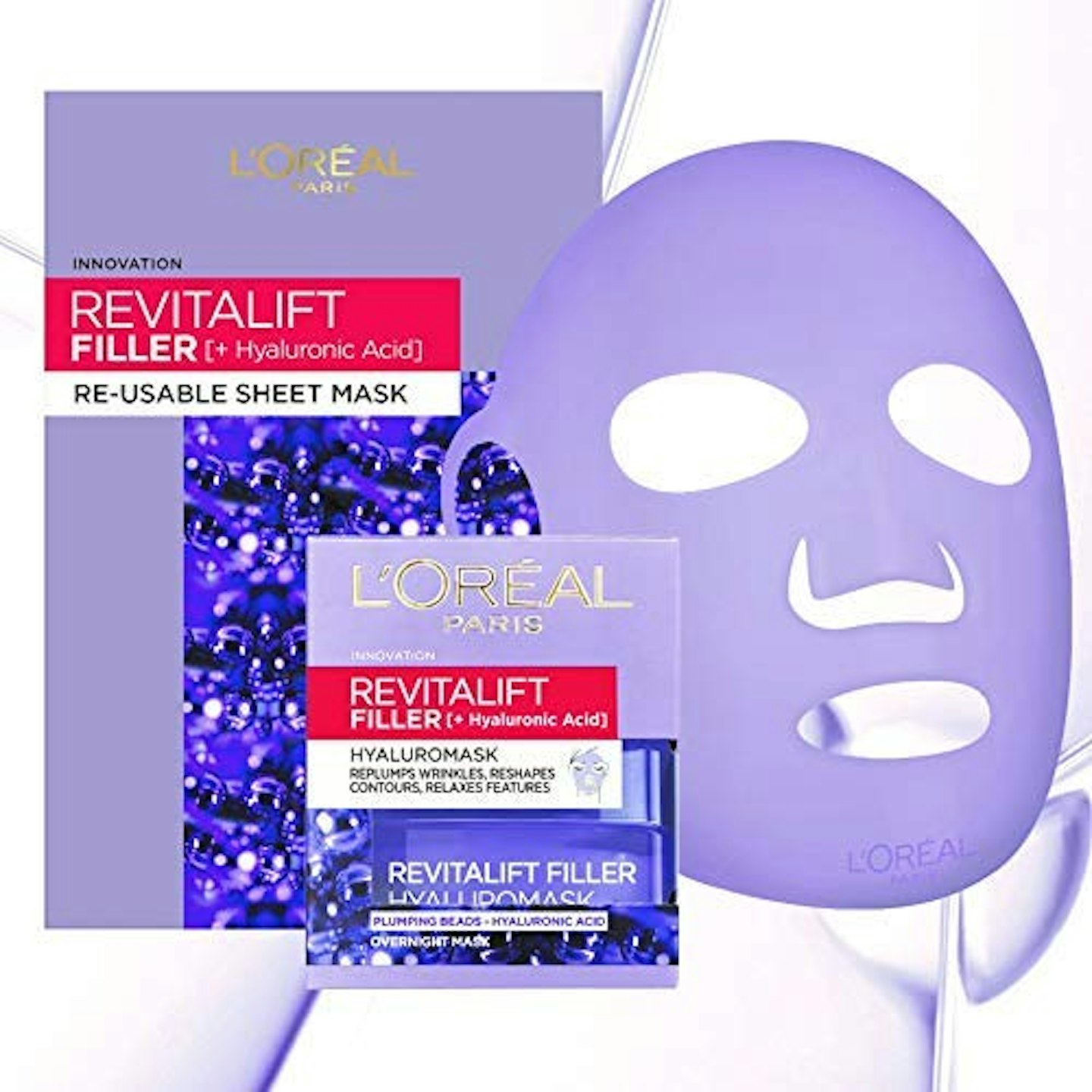 2 of 4
2 of 4L’Oréal Paris Revitalift Filler Hyaluronic Acid Re-Usable Sheet Face Mask, £19.99
Silicone, yes, but it's reusable. Slather it in the gel, clean after use, and use again.
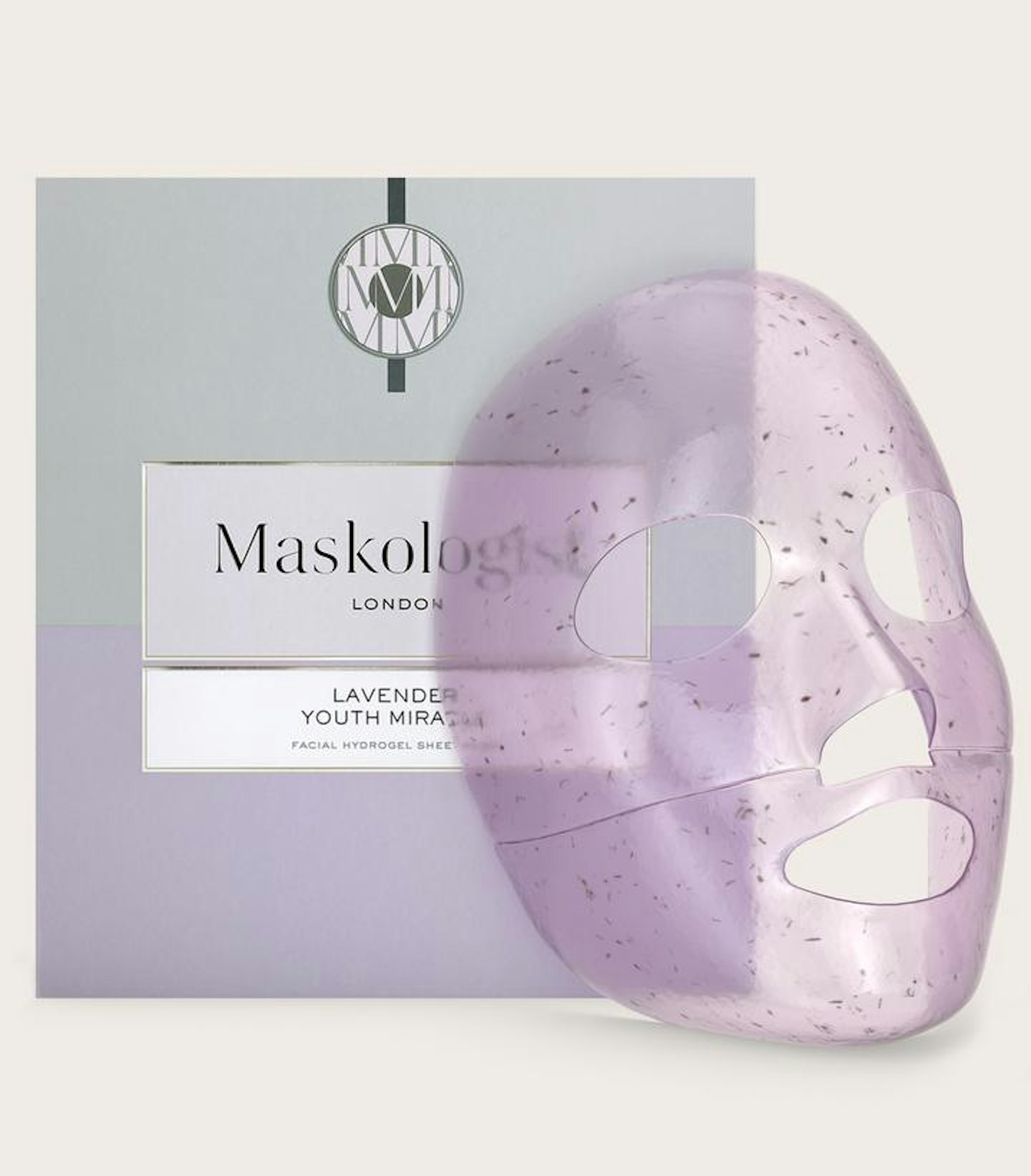 3 of 4
3 of 4Maskologist Lavender Youth Miracle Hydrogel Mask, £84.50 for four
Made from biodegradable plant cellulose; the packaging is biodegradable too.
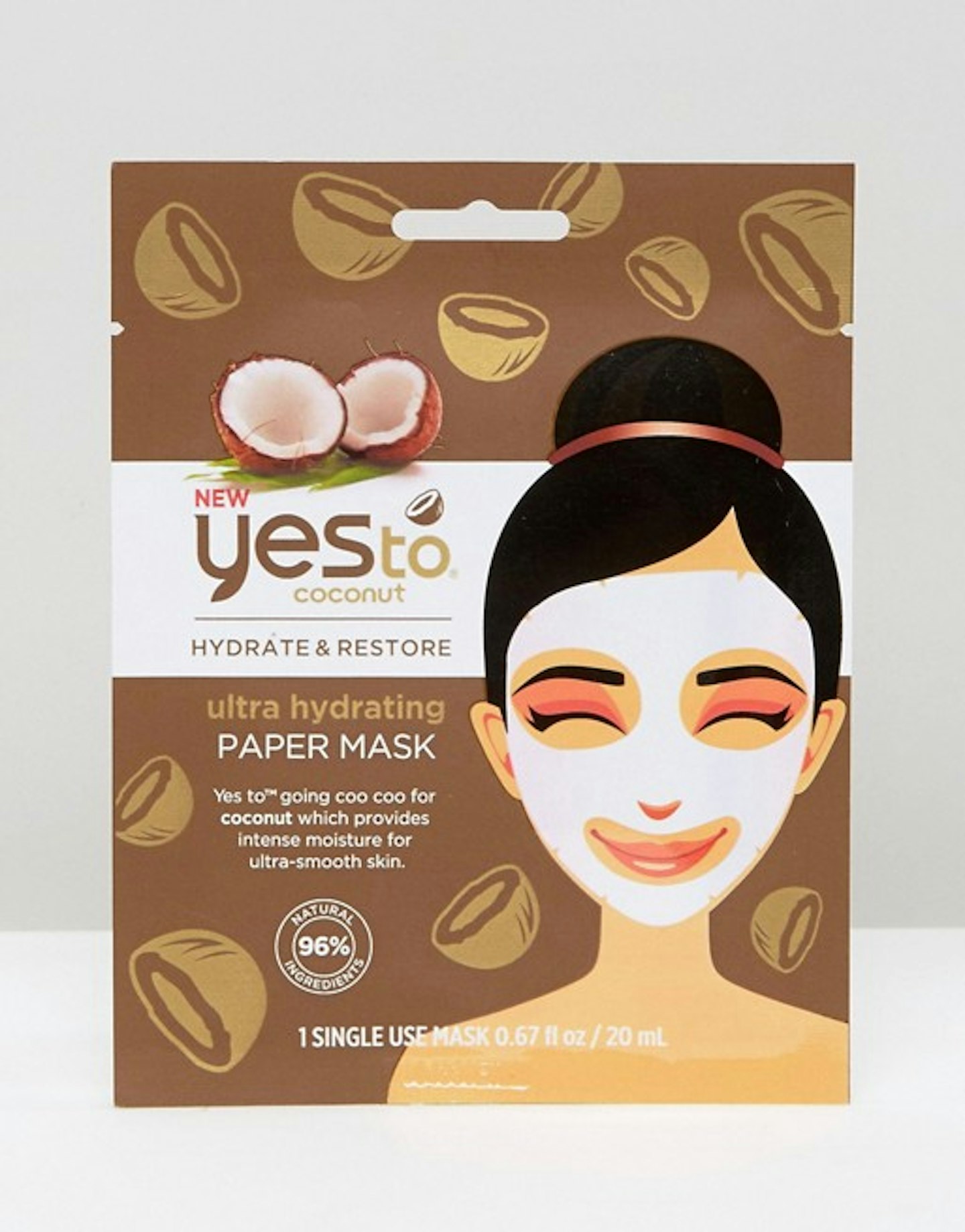 4 of 4
4 of 4Yes To Coconut Ultra Hydrating Paper Mask, £3.50
96% natural ingredients and plastic-free.
READ MORE: Our Obsession With All Things Glitter Is Harming The Environment
READ MORE: The Best Eco-Friendly Beauty Products That Don’t Cost The Earth
